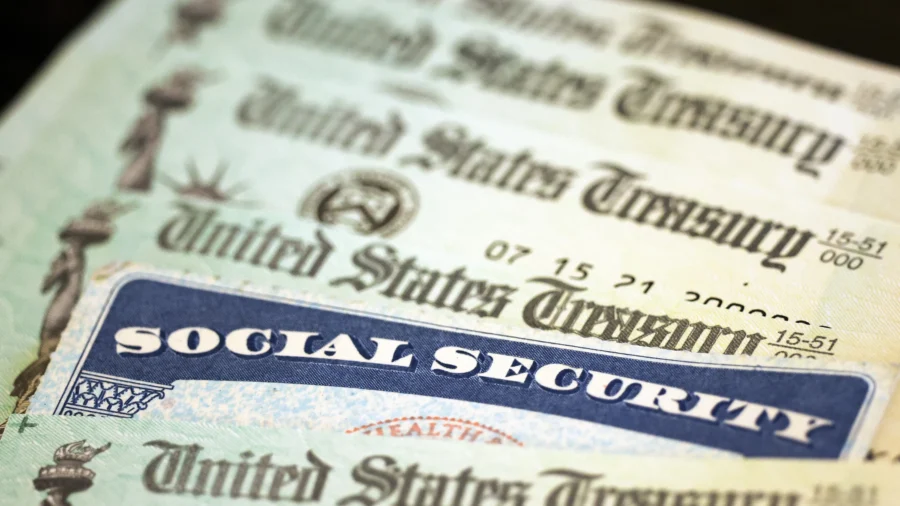Due to calendar weekend alignment, some Social Security beneficiaries will receive an additional check this November, with no error on the part of the Social Security Administration (SSA).
A segment of beneficiaries, particularly those receiving both Social Security and Supplemental Security Income (SSI), are set to receive three payments in November.
The anomaly is not unusual, and arises regularly when designated payout dates fall outside business days.
While social security checks are paid on the second, third, or fourth Wednesday of the month, depending on the recipient’s date of birth, those who receive SSI receive their benefits in the first week of the month: SSI checks arrive on the first Monday of the month, social security checks on the first Wednesday.
However, if the first Monday falls in a week-end or on special holidays, the check rescheduled to the first prior business day.
Given that the first Monday of December falls on a Sunday, SSI beneficiaries will receive their December checks on Friday, Nov. 29, in addition to the two payments already sent out for the month.
More than 7.4 million Americans receive SSI, which provides extra monthly payments to people in uneasy circumstances. While a variety of factors go into determining eligibility, SSI checks typically go to people with little to no income or resources, including blind people, people with disabilities, spouses and children of disabled people, or those 65 and older.
These calendar quirks will affect payment schedules periodically through 2025, altering the months in which payments are received. Here’s a closer look at what to expect.
January 2025: The first SSI payment for the new year will be sent out early, on Tuesday, Dec. 31, 2024, as New Year’s Day falls on the first business day of the new year.
February 2025: Beneficiaries will receive their March 2025 payment early, on Feb. 28, meaning no payment will be issued during the calendar month of March.
May and August 2025: In May, recipients will get two payments: one on May 1 (for May) and another on May 30 (for June).
Similarly, two payments will be issued in August—one for August and one early for September—leaving no checks distributed during the months of June and September.
To obtain SSI, qualifying adults generally can’t earn more than $1,971 from work each month, though this limit increases for couples or people with dependent children, according to the SSA’s website.
The income threshold for people with little or no resources, such as a car or money in the bank, is $2,000 for singles and $3,000 for couples. If you’re a parent applying for a child, these limits are $4,000 and $5,000 respectively.
Disabled people need to earn less than $1,550 per month, and citizens aged 65 or older do not need to have a disability to get SSI.
If you or someone you know thinks might be eligible for SSI, applications can be filed online, in person at your local Social Security office, or by phone.

